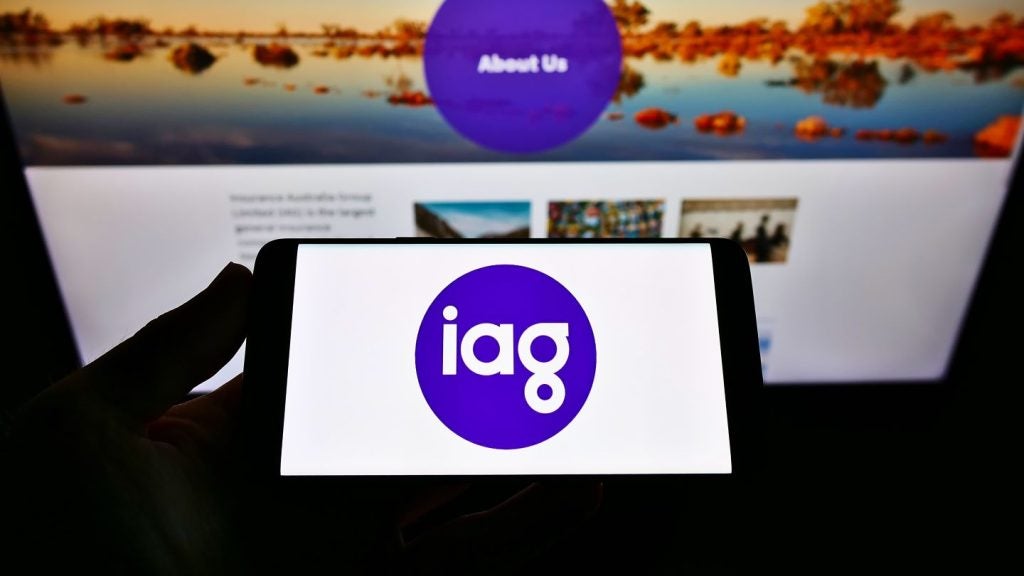Inheritance tax legislative changes have opened up a clear opportunity for the international non-investment life insurance market, according to Rob May, director and head of broking at John Lamb Insurance Broking.
Non-UK domiciliaries (“non-doms”) wanting to invest in UK residential property without exposing themselves to Inheritance Tax (IHT) have often invested indirectly through a non-UK company. In such instances, non-doms owned 100% of the company’s shares and the shares were considered ‘excluded property’ for IHT purposes. As a result of this common method of planning, there was no liability to IHT on the death of the non-dom.
Non-doms who were also long-term residents of the UK often placed the shares of the non-UK company into a non-UK trust (an Excluded Property Trust) before they became deemed domiciled in the UK for IHT purposes.
With the introduction of the Annual Tax on Enveloped Dwellings (ATED) in April 2013, ownership of UK property by a non-UK trust (with no intervening company) has also been considered as an alternative. This avoids ATED but forfeits the IHT advantages.
Increased transparency
Speaking back in 2015, then Prime Minister David Cameron, drew attention to the opportunities for crime and corruption that can exist when assets are held by companies whose ultimate ownership is not known.

US Tariffs are shifting - will you react or anticipate?
Don’t let policy changes catch you off guard. Stay proactive with real-time data and expert analysis.
By GlobalDataDavid Cameron stated that approximately 100,000 UK properties in England and Wales, worth £122 billion, are owned by offshore companies. He declared his intention of ‘finding ways to make property ownership by foreign companies much more transparent’ and stated that the government will consult on the best way forward.
The ‘Panama Papers’ leak brought transparency further to the fore and the UK’s beneficial ownership register subsequently came into force on 6 April 2016.
IHT changes on the horizon
Added to the ongoing drive for transparency, the government has now launched additional attacks on the IHT protection offered by offshore structures holding UK property.
Last year’s Summer budget introduced changes to the IHT treatment of UK residential property meaning that all offshore structures will be ‘looked-through’ for IHT purposes. Whilst the legislation is not yet finalised, following the release of the non-dom consultation document on 19 August 2016 we now know that from 6 April 2017, all UK residential property held indirectly by non-doms will be brought into charge to IHT.
As a result of this, non-doms will now need to review the existing structures in place and consider whether they retain their existing structures or ‘de-envelope’. In either case, from 6 April 2017, and subject to any qualifying mortgage on the property, there will be an exposure to IHT where there hasn’t been previously.
An opportunity for the international life insurance market
Given the changes afoot, there is now an incredible opportunity for the UK and offshore non-investment life insurance market, and intermediaries operating in this space, to provide innovative solutions to the IHT ‘black hole’ on the horizon for non-doms.
As an adviser specialising in non-investment life insurance and protection advice, I am already seeing a significant increase in referrals from other professionals whose non-dom clients will be impacted by the coming changes.
For the majority of these clients, non-investment life insurance will be a completely new concept to them, with many clients resident in countries with a life insurance market which is significantly less developed than that of the UK and US. At best, they may have experience of investment-linked life insurance products such as PPLI / Universal Life Insurance. However, these often come with various complications and risks which make them an inappropriate solution for IHT planning.
The ability therefore to hold the hands of such clients and guide them to a cost effective and straight forward solution to IHT in the form of non-investment life insurance, be that term life or whole of life, presents advisers with an immediate and simple opportunity.
As far as insurers are concerned, with the numbers quoted by David Cameron back in 2015 that property values owned by offshore companies were in the region of £122 billion, the changes to IHT legislation have the potential to create demand from non-doms for additional life insurance sums totalling in excess of £40 billion.
As I look at the market and my peers today, the awareness of these issues is minimal and unfortunately, there are less than a handful of insurers and products that may be appropriate to present as a solution for IHT planning for non-doms affected by the coming changes.
My call to the market is therefore to step-up and respond by providing appropriate non-investment life insurance solutions for non-doms and, in particular, for the solutions to be based offshore due to the additional protection that this affords non-doms from a UK tax perspective.
Insurers that are considering competing in this space would also do well to look at offering guaranteed premium solutions, be that term life or whole of life, in order to give clients future certainty and peace of mind.
Let’s be having you!









